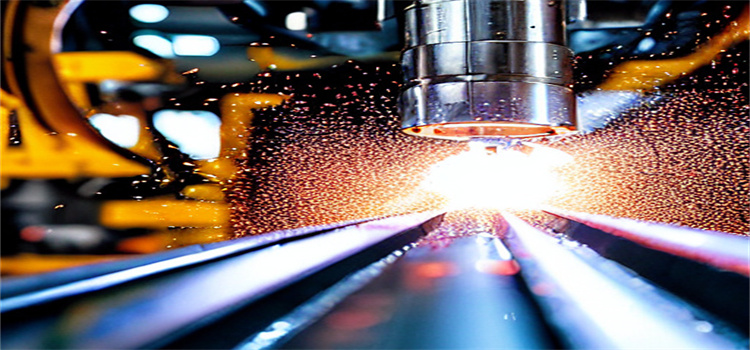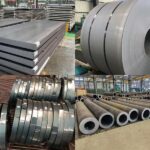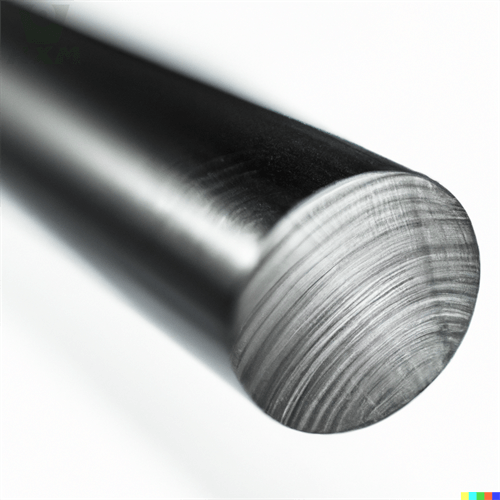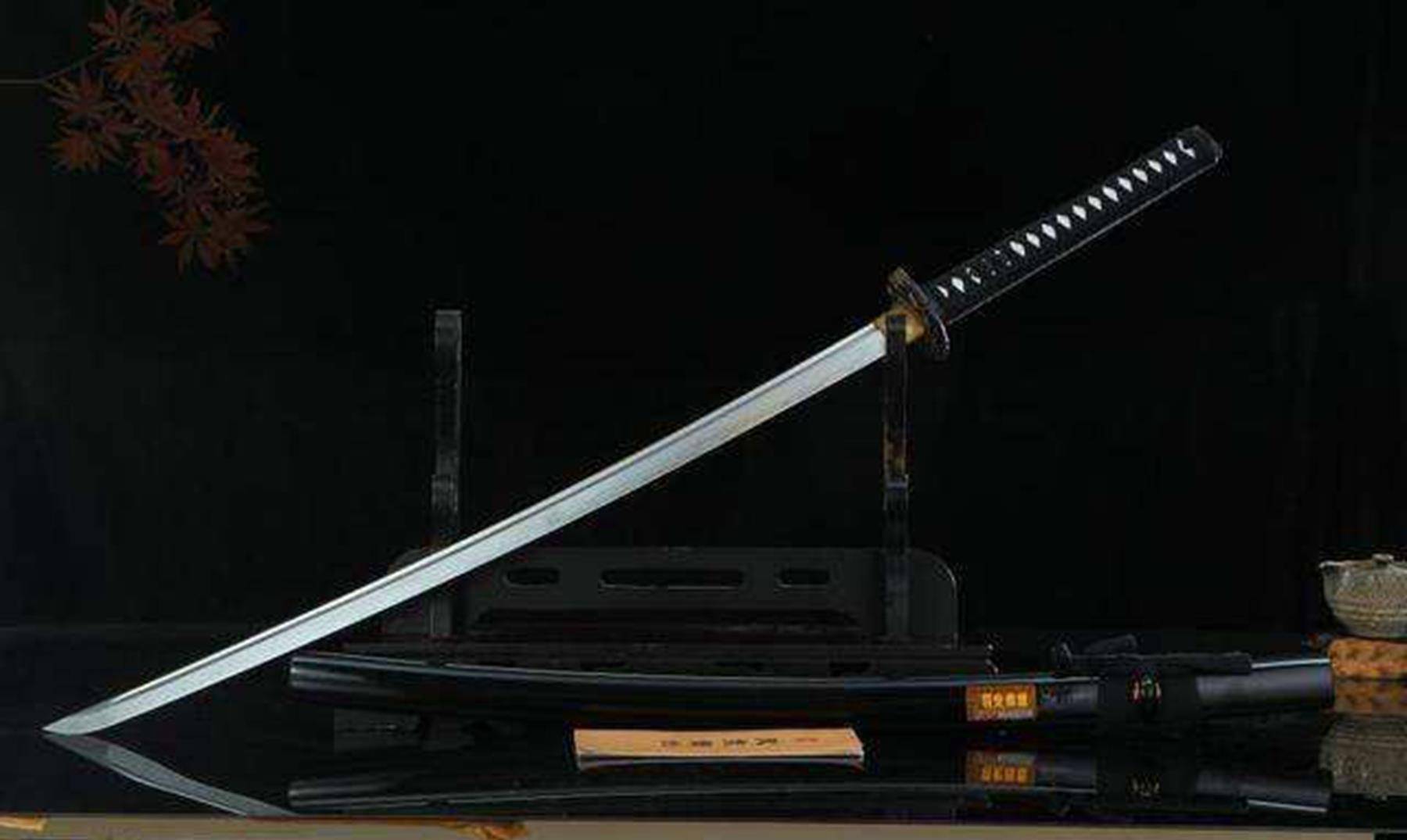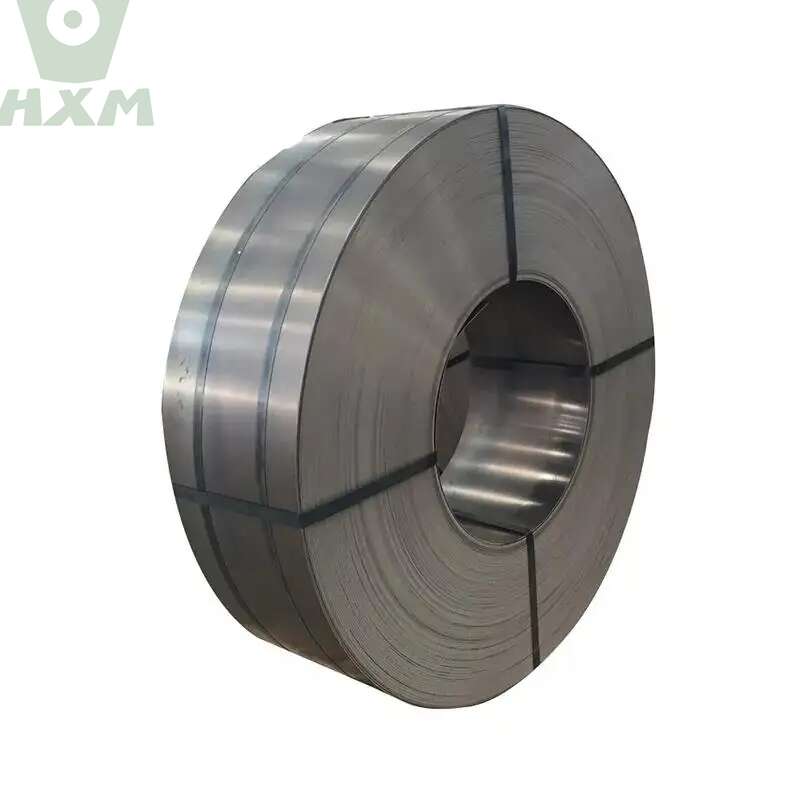Carbon steel, as a building material, has a wide range of applications in the construction industry. Its unique physical and mechanical properties bring many advantages to modern construction in terms of strength, durability, and cost-effectiveness. Today, in this article, we will delve into these key properties of carbon steel in construction to reveal its value in practical applications.
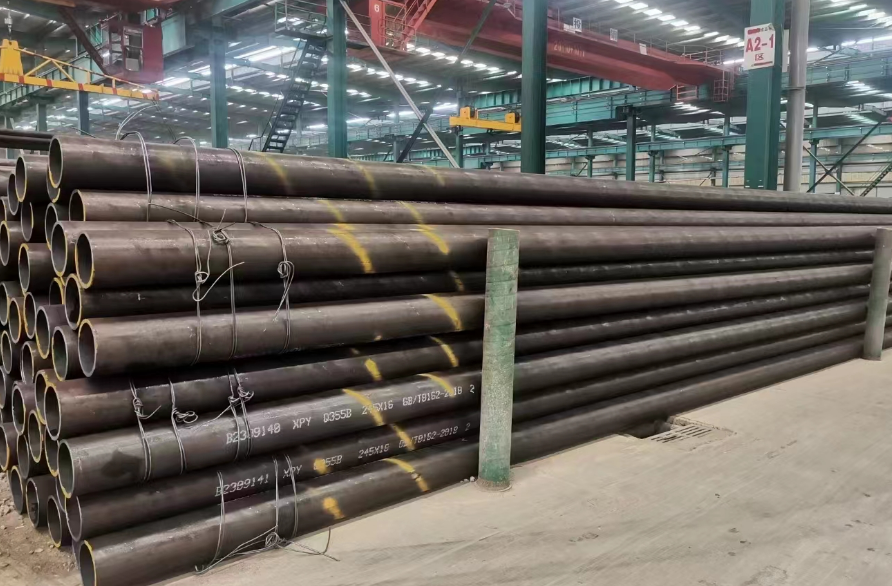
Carbon Steel in Construction: Strength, Durability, and Cost Efficiency
Carbon Steel in Construction – 1. Strength:
The strength of carbon steel is one of its most important properties. The material’s ability to resist external forces such as pressure, stretch, and bending makes it ideal for building structures and components that carry heavy loads. In the construction field, carbon steel is widely used in the structural framework of bridges, high-rise buildings, and large industrial facilities. Through precise engineering and processing, carbon steel can effectively support buildings and ensure structural safety.
In addition, the strength of carbon steel can be further enhanced through heat treatment and other processes. For example, quenching and tempering treatments can change the microstructure of carbon steel and increase its tensile and compressive strength. This allows carbon steel to be customized to the needs of specific applications to meet the needs of a variety of construction projects.
Carbon Steel in Construction – 2. Durability:
Another key property of carbon steel is its exceptional durability. This material has a high resistance to corrosion and oxidation, allowing it to maintain the integrity of its structure and performance when exposed to environmental factors such as water and air. This stability makes carbon steel ideal for outdoor construction and infrastructure projects such as highways, railroads, and oil pipelines.
Additionally, the durability of carbon steel is related to its fatigue resistance. Carbon steel is less susceptible to fatigue fracture when subjected to repeated pressure or stress, meaning it can withstand long-term loads without sudden failure. This property makes carbon steel the material of choice in construction environments where high-reliability requirements are required.
Carbon Steel in Construction – 3. Cost Efficiency:
Although carbon steel is a high-quality material, its cost is relatively low. Carbon steel is more reasonably priced compared to other metals like stainless steel or titanium. This makes it attractive in construction projects that need to be cost-effective.
Additionally, the strength and durability of carbon steel means there is less need for repairs and replacements during use, further reducing long-term operating costs. At the same time, carbon steel is relatively easy to process and weld, which helps reduce construction time and costs. By using carbon steel, construction companies can speed up projects while maintaining quality, improving overall economics.
Conclusion
Carbon steel offers significant advantages as a building material in terms of strength, durability, and cost-effectiveness. Its excellent strength makes it a key material for building large structures and bearing heavy loads; its excellent durability makes it suitable for infrastructure projects in various harsh environments; and its reasonable cost makes it economically more attractive.
Thank you for reading our article and we hope it can help you to have a better understanding of the strength, durability, and cost-effectiveness of carbon steel in construction. If you are looking for carbon steel suppliers on the market now, please don’t hesitate to contact Huaxia Steel.
As a leading supplier of carbon steel across the world, Huaxia Steel provides customers with high-quality carbon steel, tool steel, alloy steel, carbon steel tubes, and carbon steel pipes at a very competitive price.

